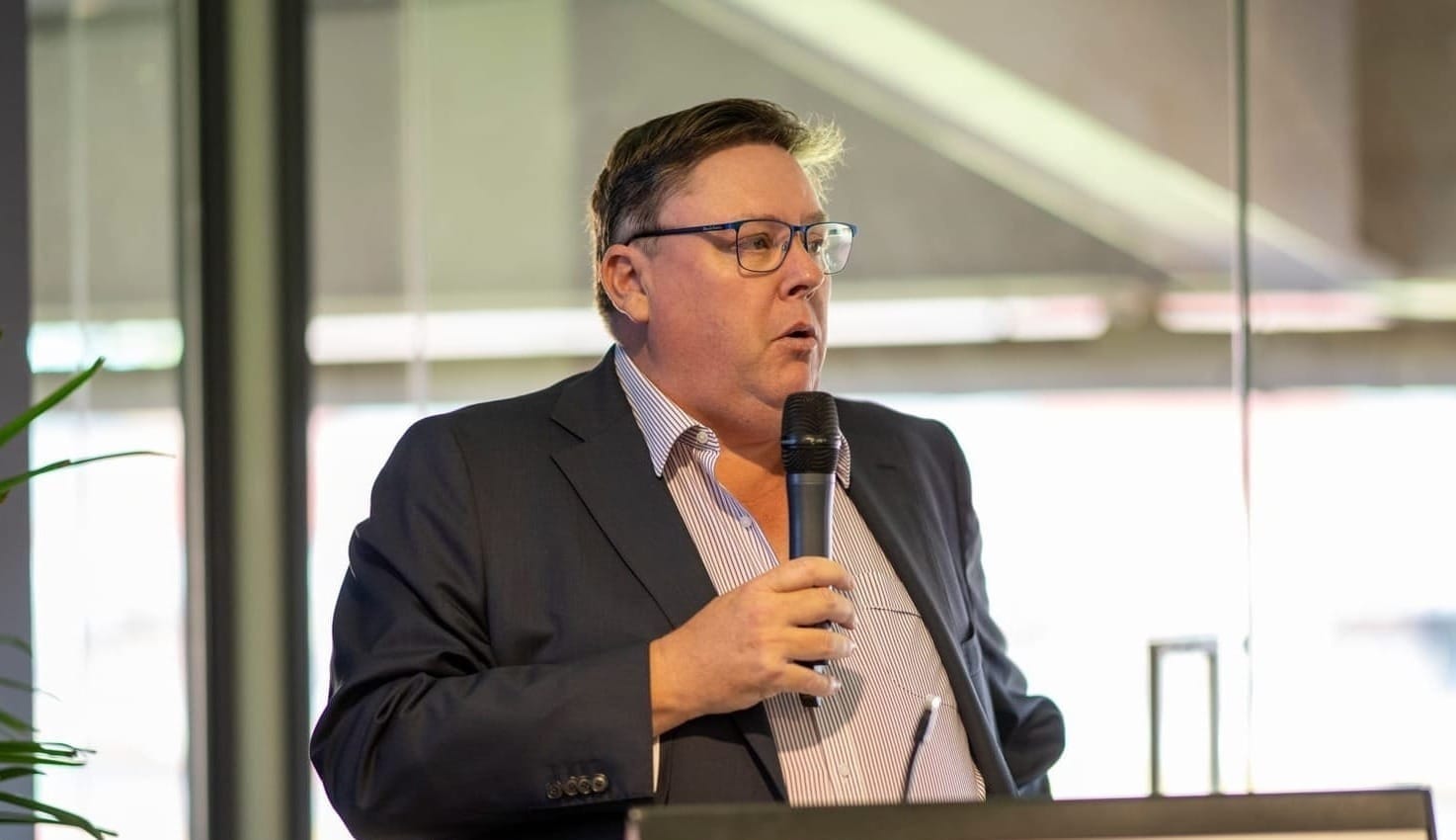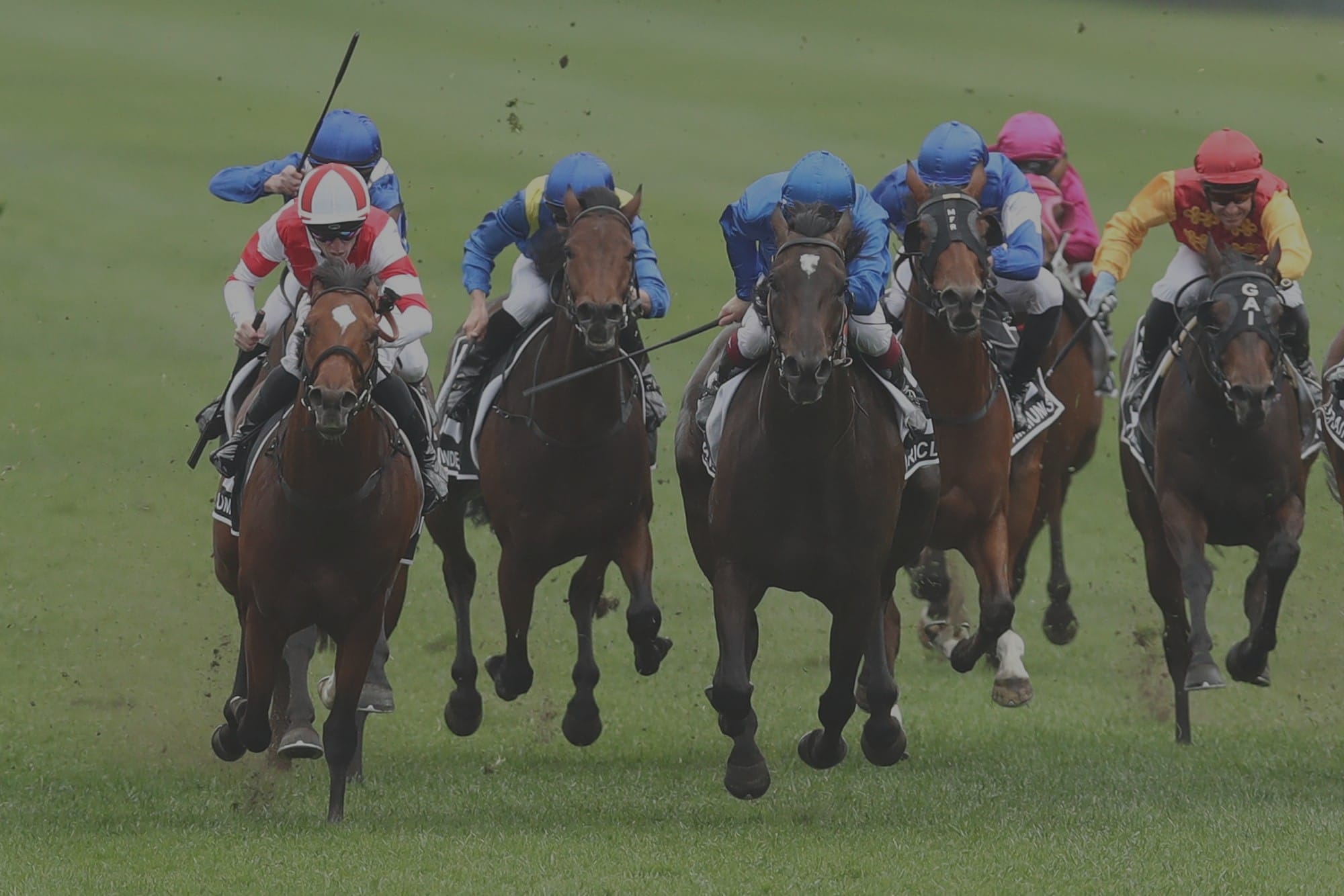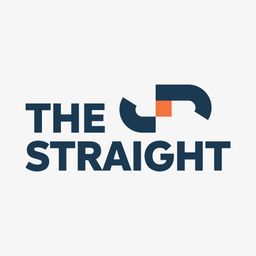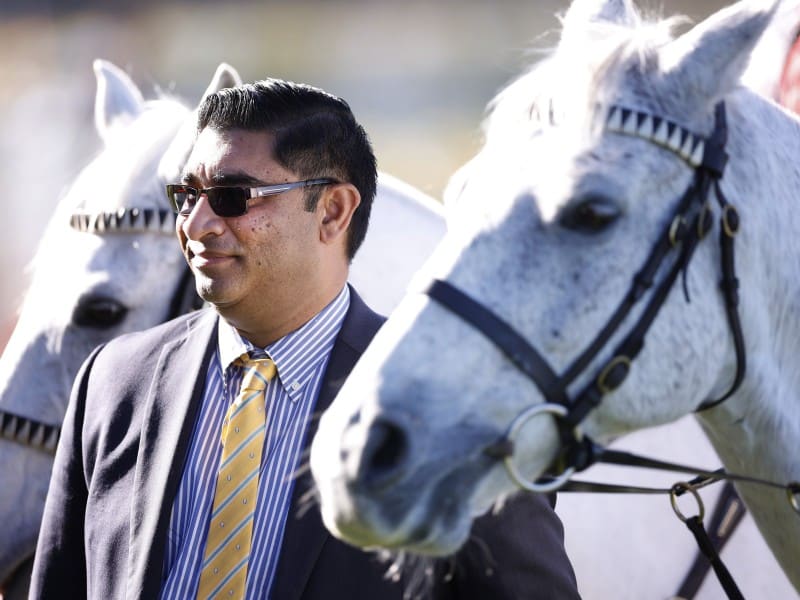RQ defies wagering decline and $57 million accounts hit to sustain prize money and revenue
A Racing Queensland decision to end its joint venture with the Sunshine Coast Turf Club (SCTC) has contributed to a $37.2 million “book loss” for the 2023/24 financial year, the regulator’s annual report has revealed.
In a year when prize money increased 8.2 per cent despite wagering declining 8.3 per cent across the three racing codes, the RQ’s annual report showed the regulatory body had divested its interest in the Sunshine Coast Racing Unit Trust (SCRUNT).
The SCRUNT was established in 2007 as a partnership between RQ and the SCTC to purchase freehold land from the Caloundra City Council.
It was a move that consolidated the future of the SCTC because its Corbould Park lease agreement with the local council was due to expire in 2012.
“We had that sitting on our balance sheet since 2007 and now it’s just us (RQ) saying we have complete faith in the club and we are giving it back to them. It’s all book loss,” RQ chief executive Jason Scott told The Straight.
“They’ve been well managed for some time and it’s just an accounting treatment for us giving back the whole facility to them.”
As the consolidated entity, RQ recognised a loss of $56.9 million following its divestment in the Trust.
RQ had a controlling share of board directors before its sale for a nominal $1 fee in August 2023.
Scott said RQ defied a challenging financial year, including the overall softening of the Australian wagering landscape, to deliver its second-largest year of revenue on record.
Total revenue remained steady in reaching $479.0 million, representing a 1.9 per cent decrease from $488.3 million in the 2023 financial year but is the second-highest year on record.
RQ delivered record prize money as the Queensland government returned 80 per cent of betting taxes to the industry.
As a result, total prize money on all three codes reached $263.7 million, an 8.2 per cent increase from the $243.7 million on the previous year.
Queensland racing’s market share across the three codes increased to 17.4 per cent, but wagering turnover declined 8.3 per cent year-on-year from $6.7 billion to $6.1 billion.
Turnover on thoroughbred racing dropped 9.6 per cent to $4 billion.
“As forecast last year, there are headwinds the industry must confront, as the post-COVID wagering bubble begins to bite and macroeconomic challenges such as interest rate rises begin to infiltrate all sectors of the ecosystem including punters,” Scott said in the annual report.
“To stay ahead of the game, it’s imperative that we continue to innovate, whilst providing compelling and engaging content across the three codes.
“While wagering turnover declined 8.3 per cent year-on year, there were green shoots throughout 2024/25, including our summer and winter carnivals.”
READ: Racing Queensland’s annual report
Scott revealed the 2024 Magic Millions raceday was RQ’s second-highest meeting on record, with domestic turnover reaching $76.7 million.
Queensland Derby day figured in a record World Pool hold with $74 million wagered across 12 races that included the Epsom Derby meeting in the UK.
Scott said the increased liquidity in the pari-mutuel pool boosted domestic turnover on the Stradbroke Handicap and Derby meetings, putting them inside Queensland’s top-15 wagering meetings of all-time.

“While wagering turnover declined 8.3 per cent year-on year, there were green shoots throughout 2024/25, including our summer and winter carnivals.”
– RQ CEO Jason Scott
RQ chair Steve Wilson said the state’s racing industry remained resilient amid uncertainty.
“Over the past decade, the industry has had to confront many issues including flood, drought, and more recently, a global pandemic” he said.
“During that time, it has not only survived, but thrived, whilst RQ has maintained a laser focus on increasing revenue to reinvest through returns to participants.
“The challenges refuse to dissipate, however, with the overall degradation of the Australian wagering market, recalibrating after the highs experienced during the global pandemic, impacting all jurisdictions.”
Queensland was one of the few Australian states not to cut prize money in any of the racing codes during 2023/24.
It is a result that Scott says underlines the efficiencies of a three-code regulatory approach.
“I think us and Western Australia are the only two (states) that didn’t do that and I think that’s not a coincidence with the tricode model,” he said.
“You can subsidise one or the other when there’s an up or a down.”
Racing Queensland is facing the likely prospect of a change of government at the state election next month.






